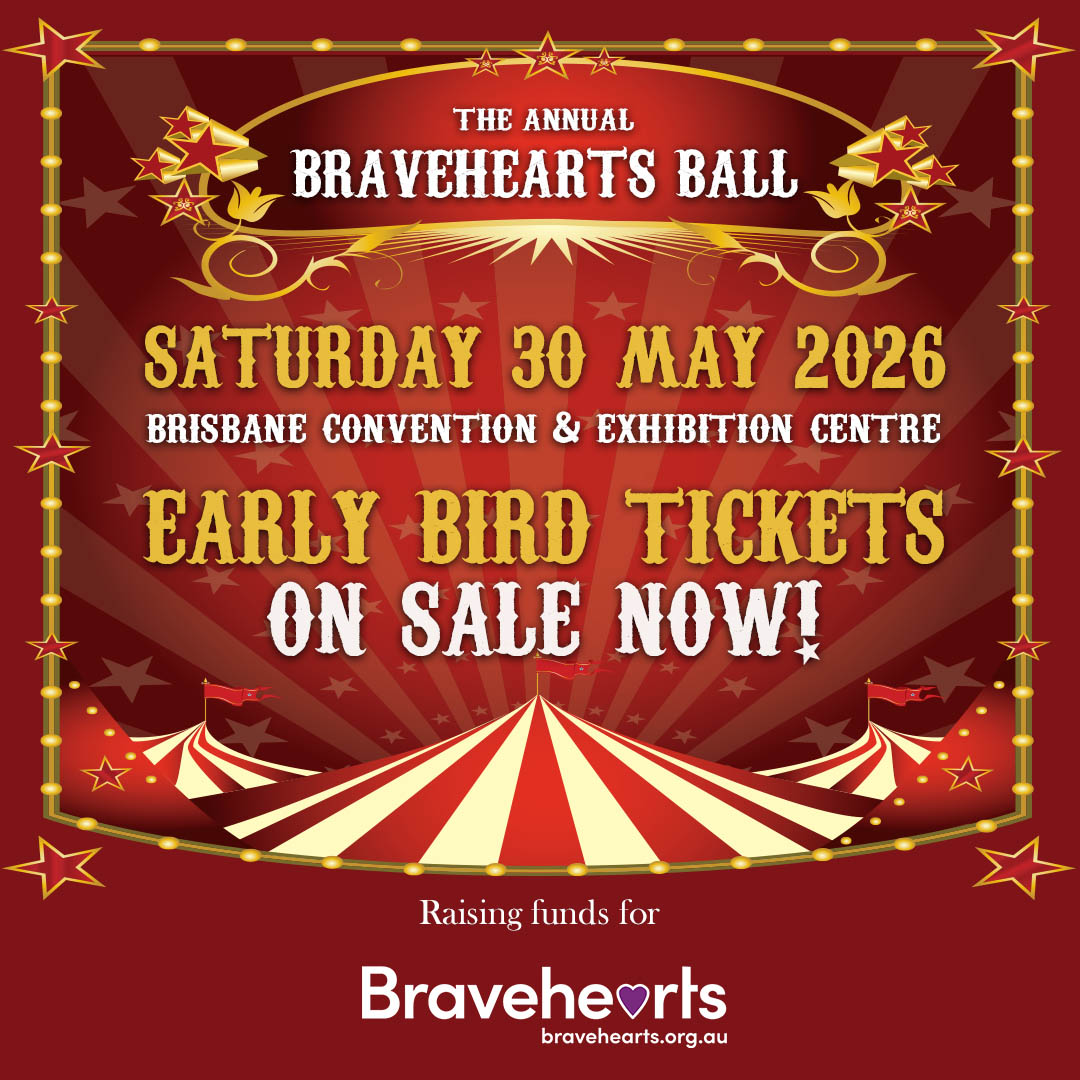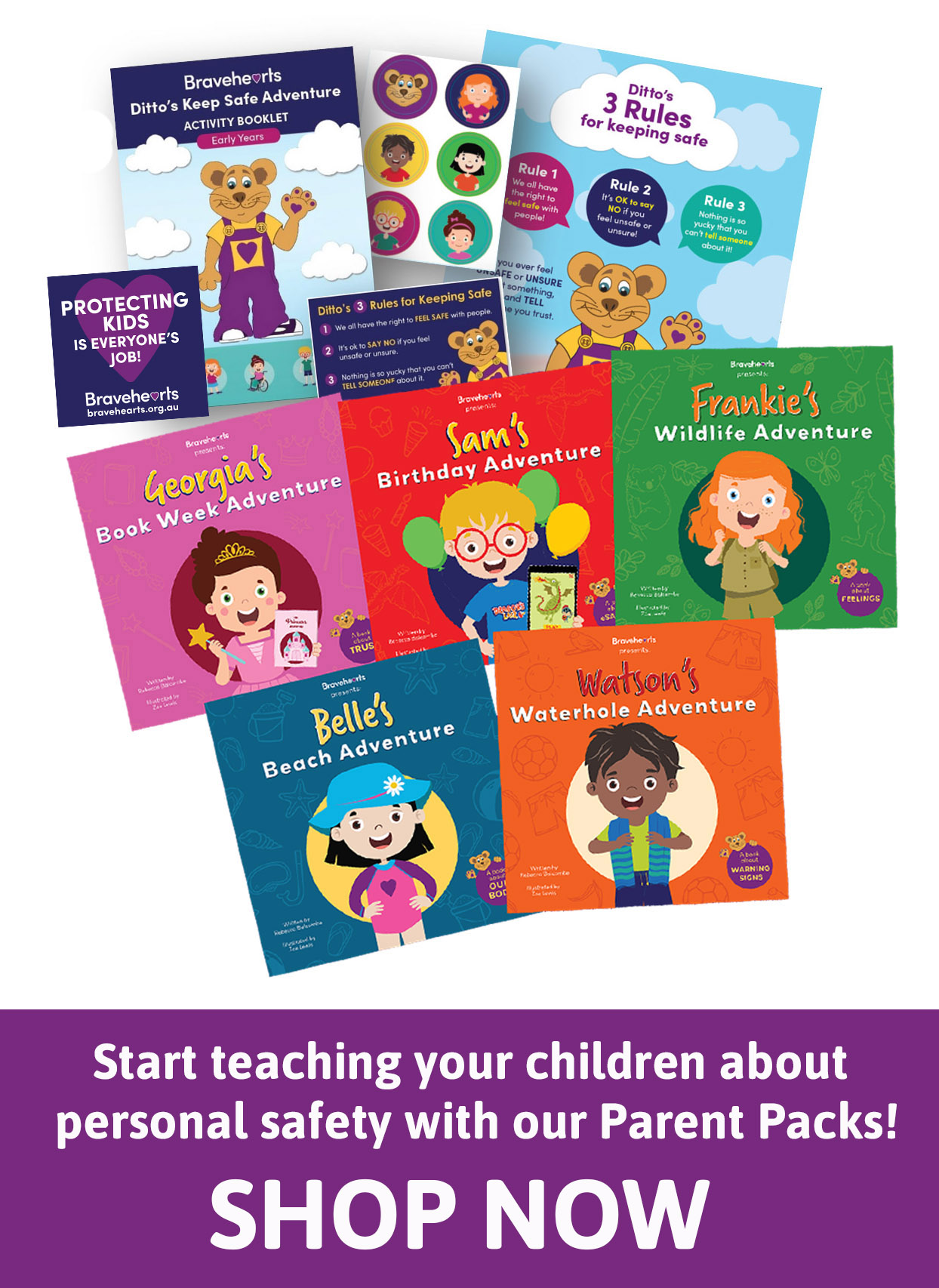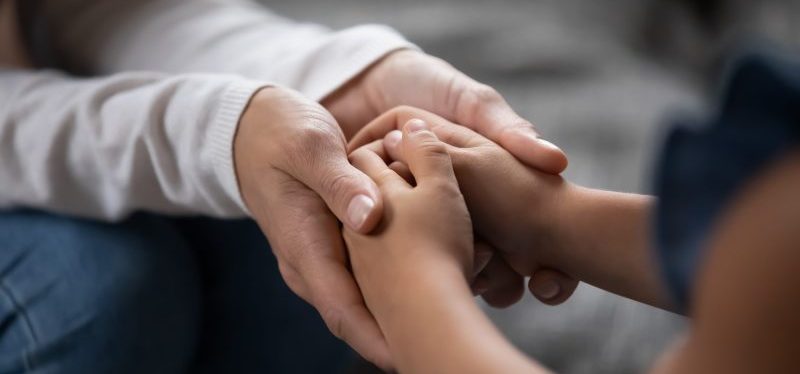Category
Helpful Links
- Home > Latest News > Child Sexual Abuse and PTSD: Hope and healing when working with victim-survivors.
Child Sexual Abuse and PTSD: Hope and Healing when Working with Victim-Survivors
By a Bravehearts Clinician
It is not a given that all children and young people who experience sexual abuse will also develop Post-traumatic Stress Disorder, however, 30-50% of sexually abused children meet the diagnostic criteria of PTSD and a much larger number are likely to experience some symptomology of posttraumatic stress. Fortunately, there are treatment options for young people to get the help they need and reduce the impact this would otherwise have later in life. Working with the kids we do at Bravehearts means finding ways to reduce the intensity of these symptoms and create a more cohesive narrative of the abuse, so they can feel safe again in their bodies knowing the abuse is in the past and no longer a threat.
What is PTSD?
Post-traumatic Stress Disorder (PTSD) is a mental health condition that some people experience following a traumatic event. Traumatic events could include single incidents such as a car accident, or more complex and ongoing trauma including childhood abuse. Sometimes, the trauma may be something that happened to someone close to the child, or an event the child or young person witnessed.
Some of the common symptoms of PTSD we see in children and young people who are victim-survivors or CSA include:
- experiencing flashbacks of the abuse (memories or intrusive thoughts)
- nightmares or difficulty sleeping
- hypervigilance
- re-enacting the trauma through play
- withdrawing from their friends and family
- changes in mood
- avoiding people or situations that remind them of the abuse.
This can be particularly difficult for parents and carers to understand what their child might be experiencing or how to best support them.
How does PTSD impact the child?
The symptoms of PTSD can impact children and young people in the short and long-term, depending on the support and treatment they receive. For many young people we work with, their experience of post-traumatic stress can make it difficult to focus in school, can disrupt friendships and relationships, might lead to “acting out” behaviors such as aggression and the development of coping strategies that are harmful, such as self-harm or substance use.
Sexual abuse during childhood also takes an emotional toll on victim-survivors – such as anxiety, depression, guilt, shame, and difficulty trusting others. Children’s brains are also still developing, and this development can be impaired by trauma. For example, a young person living with PTSD will likely have their survival response (fight/flight) activated more frequently, leading to increased sensitivity of the stress response of the brain. This further impacts the child developing the ability to regulate their emotions, their ability to problem solve, and communicate, and affects how memories are stored.
The good news is, with the right support all children and families can experience the hope for things to be better and for the healing process to begin following trauma.
How to support a child you suspect may have PTSD
There are two ways you can support a child who is exhibiting symptoms of PTSD or has experienced trauma. Firstly, by providing a safe and nurturing environment. Receiving support, comfort, and care from an attachment figure (e.g., parent, carer, teacher) increases the person’s trust that their emotional needs will be met and assists the child in developing their capacity for emotional regulation. In times of distress, it’s also a sense of knowing that they have a reliable adult to turn to. This secure attachment is considered a protective factor that moderates the impacts of PTSD.
Secondly, reach out for the support of professionals to help begin the healing process. It is common for adults to want young people to have the chance to “open up” about the abuse, for fear that not speaking about it may worsen their experience. Whilst this can be helpful for some children, it’s imperative that the young person is first taught skills for emotional regulation and self-soothing and that this process is supported in a safe and trusting environment. A Counsellor or Psychologist can support the best ways for your young person to begin to feel safe again, and parents play a pivotal role in this.
The impacts of PTSD for sexually abused children can be confronting and in the work we do at Bravehearts, we see the impact this has on the whole family. Fortunately, there is hope and healing for these young people through the compassion and support of their loved ones, and the help of professionals, to reclaim their lives and look forward to a brighter future.
For support, please contact Bravehearts Information and Support Line on 1800 272 831.
 BACK
BACK


